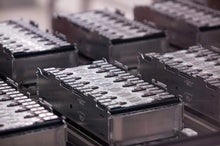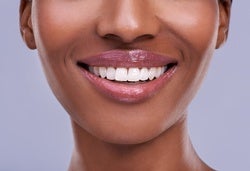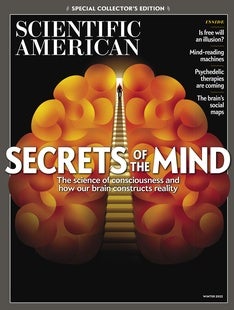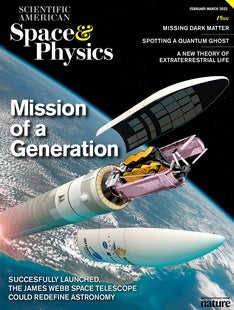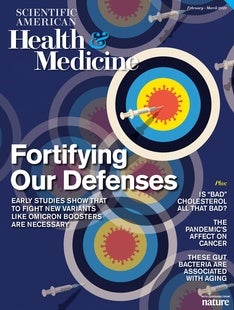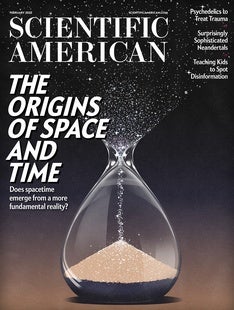 |
| February 08, 2022 |
Dear Reader,
In order to protect teeth from daily wear and tear—acidic foods, hungry bacteria, even the very act of chewing—they need an enamel coating that must be both very hard and slightly elastic. This combination of traits has made the material difficult to reproduce. But now, researchers have developed a synthetic enamel that can actually stand up to more force than the real thing. This substance could be used in everything from fillings to futuristic "smart teeth." |
| | Sophie Bushwick, Associate Editor, Technology
| |
 |
| |
| |
| |
| |
| |
| |
| |
| |
| QUOTE OF THE DAY
 "These post-quantum algorithms seem impervious to attack: even using mathematical approaches that take quantum computing into account, programmers have not yet found ways to defeat them in a reasonable time." Davide Castelvecchi, Nature | |
| |
FROM THE ARCHIVE
 | | | |
LATEST ISSUES
 |
| |
| Questions? Comments?  | |
| Download the Scientific American App |
| |
| |







